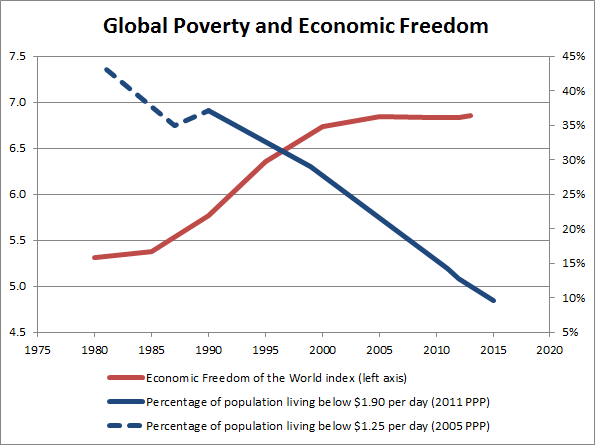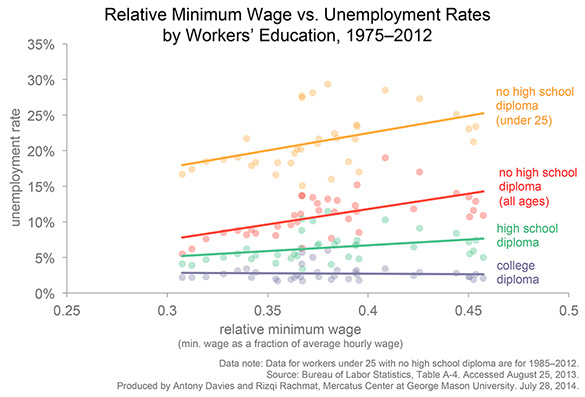At RedState Erick Erickson weighs in on the debate over whether or not bakers should be required to supply wedding cakes for gay couples if they don’t want to. He looks at the issue through the prism of Christianity (which is not unreasonable given that most of those refusing to do so are Christian). But I’m not particularly interested in the theological aspects or what a good Christian ought to do. I’m interested in policy.
Erickson states:
If a Christian owns a bakery or a florist shop or a photography shop or a diner, a Christian should no more be allowed to deny service to a gay person than to a black person. It is against the tenets of 2000 years of orthodox Christian faith, no matter how poorly some Christians have practiced their faith over two millennia.
And honestly, I don’t know that I know anyone who disagrees with any of this.
I don’t know Erickson, so his statement remains true, but I emphatically disagree that “a Christian should no more be allowed to deny service to a gay person than to a black person.” In fact, I’d take that in the exact opposite direction than he intended and say that both should be allowed. In a free society, anyone should be free to choose not to engage in commerce with anyone else, for any reason.
Erickson chooses to approach the issue from the angle of religious freedom:
The disagreement comes on one issue only — should a Christian provide goods and services to a gay wedding. That’s it. We’re not talking about serving a meal at a restaurant. We’re not talking about baking a cake for a birthday party. We’re talking about a wedding, which millions of Christians view as a sacrament of the faith and other, mostly Protestant Christians, view as a relationship ordained by God to reflect a holy relationship.
I think he’s attempting to cut too fine a line. Moreover, I think the religious freedom argument is weaker than the property rights and freedom of association arguments. These rights are simple to digest: I own my labor and that which it produces, and I therefore own the right to choose with whom I shall trade my goods. The government has suppressed this right by asserting that stores are “public” if they allow people to enter freely, and by being “public” they must serve everyone. This is and always has been hogwash, and the requirement that a business serve everyone has no basis in any authority granted to government.
Similarly, the freedom to associate necessitates an implied freedom of disassociation. Without the right to refuse association, the right to associate with those whom we choose is meaningless. And if the right to disassociate with a person or entity does not encompass the ability to refuse an economic transaction with that person or entity, then it is a hollow right.
Matt K. Lewis similarly addressed the issue at the Daily Caller, in the context of a proposed Arizona law to allow Christian businesses to refuse work for same-sex weddings. I don’t care for the specific law, which is parochial and targeted in a way that suggests animus and bigotry as its intent rather than true preservation of rights. But that aside, Lewis doesn’t tackle the right question:
The truth is, this is a tough issue that pits things we value as a society against things we value as a society.
We have reached a point in the gay rights debate where all the low-hanging fruit has been picked. We are now entering into the zero-sum game phase of the debate, where gay rights and religious liberty must collide. (In other words, the cake is only so big. If you take a piece, you are guaranteeing the other guy has less cake.)
So who’s right? My guess is one could guarantee public opinion is on either side of the issue, depending on how you frame the question. If, for example, you were to ask someone whether or not “businesses should be allowed to deny services to same-sex couples,” the answer would, of course, be “no.”
On the other hand, ask Americans if “government should have the right to forcefully coerce Christians to violate their convictions,” and the answer would also be “no.”
He is probably right that people would answer the question of whether a business has the right to deny services to same-sex couple in the negative, but that’s in part because it’s the wrong question. We might find it utterly distasteful when someone refuses to serve another for bigoted reasons, but we also find it distasteful when others express bigoted opinions. The right to free speech is nevertheless widely acknowledged as protecting their rights to do so. Why are economic rights taken less seriously? So contra Lewis, what we should be asking is whether “business should be allowed to deny services to anyone,” or even whether “exchange should ever be compulsory, instead of voluntary.” These are the questions at the heart of the matter, and these are the questions which too long have been answered incorrectly by government, the courts and even voters.


 I serve as Vice President of the Center for Freedom and Prosperity, a non-profit think tank dedicated to preserving tax competition and free markets. This site features my personal views, which are not reflective of CF&P.
I serve as Vice President of the Center for Freedom and Prosperity, a non-profit think tank dedicated to preserving tax competition and free markets. This site features my personal views, which are not reflective of CF&P.